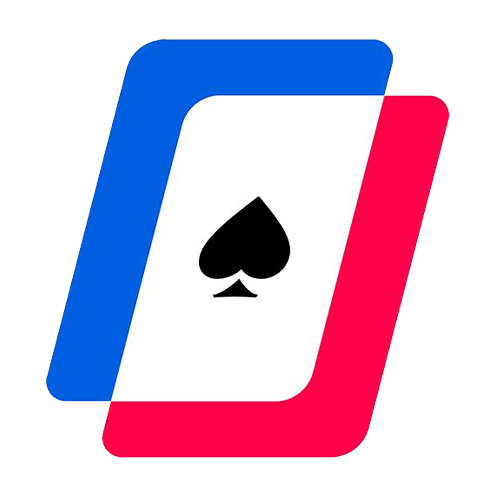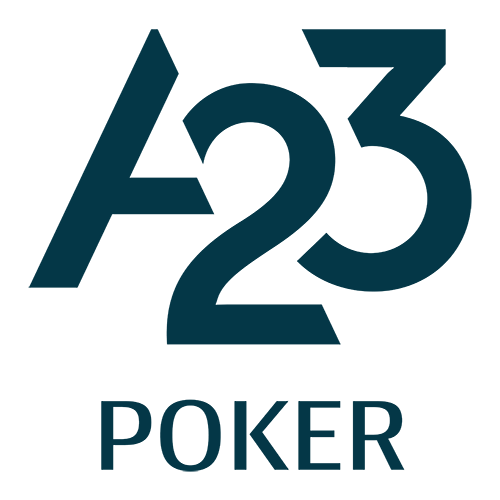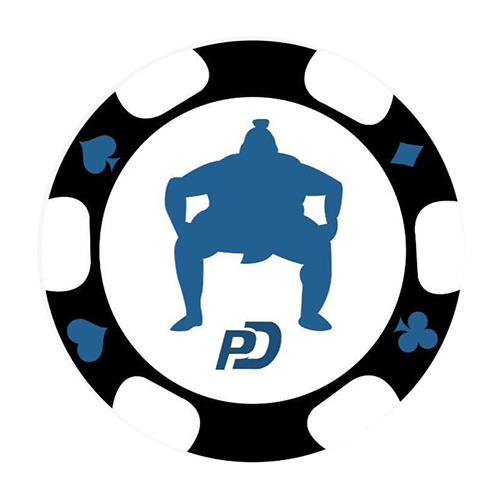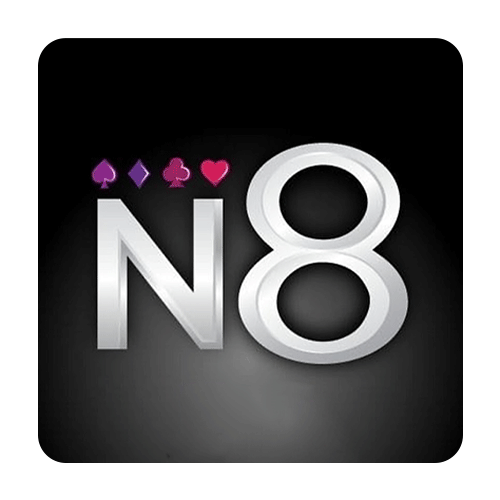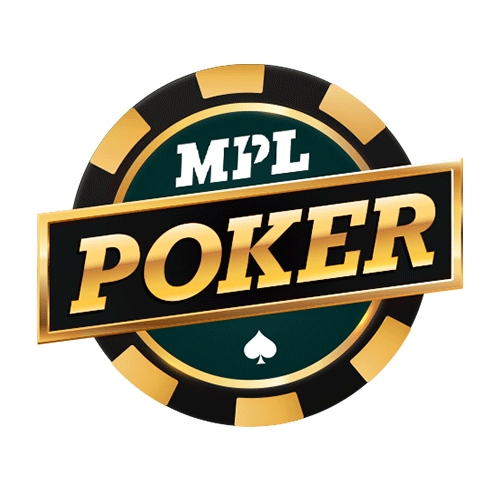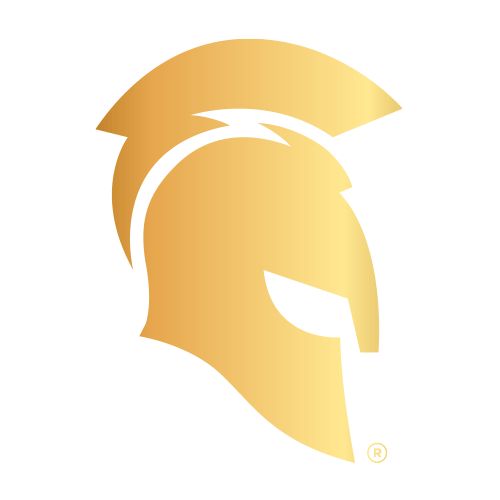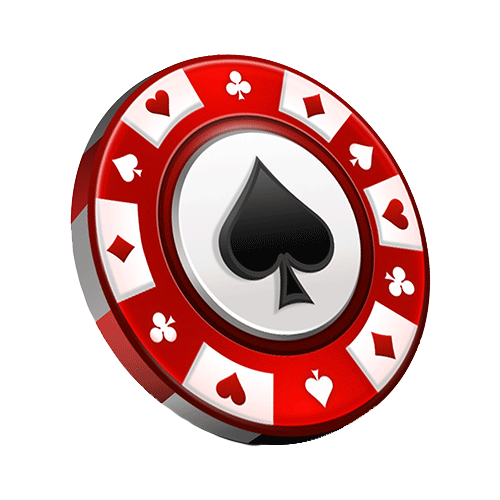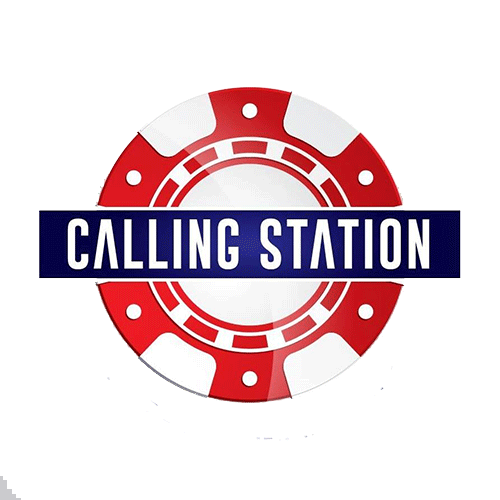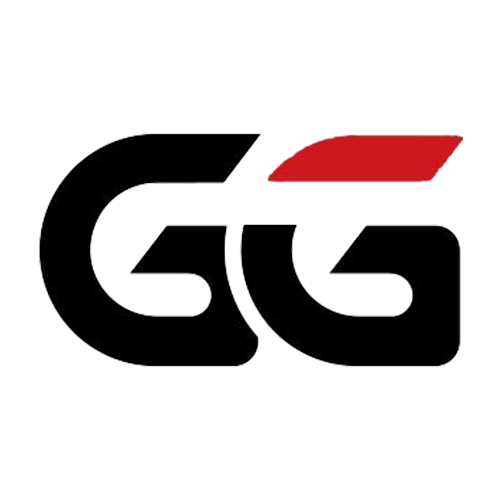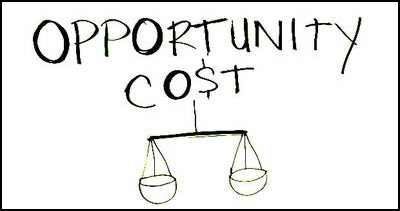 Poker
Poker
Opportunity Cost in Poker
In the study of behavioural finance, there’s a concept known as opportunity cost. The official definition goes something like this: It’s the value of the option that you must give up when choosing between two mutually-exclusive alternatives. Virtually every decision you make in every walk of life carries some kind of opportunity cost, and nowhere is this truer than in a poker game.
From the moment you sit down to play poker you are faced with a series of decisions to make; some of these decisions are difficult, and some are so easy you could practically make them in your sleep, but every one of them has an opportunity cost. Starting with your decision to play at all.
But opportunity costs are not merely gauged in terms of dollars and cents. Even if decide to quit playing poker in favour of focusing more on your job or spending more time with your family, the opportunity cost then becomes the enjoyment and mental stimulation you would have gotten from poker, and – if you’re really skilled at poker – the money you would have earned.
Opportunity costs are a very real and important factor to consider whenever you’re faced with a difficult choice. And few things in this world will present you with a greater quantity and quality of challenging decisions as playing in a game of poker.
The most common and elementary decision in poker is whether to call or fold at the start of the hand. Obviously, if you have something like 8-3 off suit the decision to fold isn’t exactly excruciating, and when you get a premium hand the decision is not to call or fold but call or raise, so for the sake of this discussion let’s say you have a borderline-type hand. Call, and the opportunity cost is the money you would have saved by folding.
If you go on to win the pot, the opportunity cost is non-existent. If you whiff and fold on the flop, it’s only one small bet. But catch enough of the flop to make an expensive second-best hand, and the opportunity cost swells to painful proportions. If you get irritated with yourself for making that expensive call, so much so that you start tilting even a little, the opportunity cost inflates even more. And if you’re playing in a major poker tournament and that one semi-loose call ends up felting you short of the money, the opportunity cost is out of this world.
When you fold, opportunity cost becomes a factor if it turns out that you would have won had you called. Which is not to say you should play results-oriented poker. Far from it. But if you’re one of those poker players who kicks himself for not being psychic and knowing when the flop/turn/river would have hit your hand, that becomes an opportunity cost of folding. Or in any important poker decision for that matter – if making what turns out to be the “wrong” choice is going to tilt you, that’s a kind of opportunity cost as well.
The tougher the decision you face, the more important it becomes to consider the opportunity cost. For example, you’re playing in an NL tournament, let’s say a sit-n-go. Four players left, on the bubble, and you’re third in chips. Your remaining opponents are all reasonably solid players. Preflop, you’re in the big blind with A-K offsuit; UTG folds, then the next player, the short stack, raises (not enough that he’s pot-committed), and the button responds by shoving all in. You’re convinced the short stack will fold if you make the call, but he might call for all his chips if you get out of the way. The button is an aggressive player, and you really don’t think he has aces or kings, which means you’re probably either racing or have him dominated if you call.
Say you fold, hoping that the button will take out the short stack, thus putting you into the money. Here, your opportunity cost is the chance to double up (plus the dead chips from the short stack) at a critical point in the tourney, which would allow you to virtually coast into the money and have a much better shot at winning the whole thing. On the other hand, if you call and the short stack does indeed fold, your opportunity cost is the chance to have one of your opponents get eliminated right now, ensuring that you’ll make a profit on this tournament.
Obviously, there are other variables here that will influence your decision. Is your main priority to squeak into the money or win the whole tournament? Do you believe the short stack holds an ace or a king, thus taking away one of your outs? And then there are the fine points of the situation, precise playing styles, stack sizes, etc.
The concept of opportunity costs can be enormously beneficial for poker players because it encourages us to really think through the value of each option as we ponder all those thorny decisions that await us at the poker table. Whether to play a strong hand fast or go for the slow play. Whether to bluff-raise now or float until the next round. Whether to call all in for your tournament life or fold and wait for a better spot because the true cost of any choice lies in what you had to give up to make it.

Check out our online poker rooms section, where you can read reviews on the biggest and best poker rooms in the country, while also taking advantage of their bonuses and promotions. Check out these top poker rooms HERE.
Top 15 Poker Rooms
-
WPT Global
Grab your welcome offer
Offer: 100% of your deposit back up to $3,000 Register -
PokerDangal
Sign up with code GUTSHOT1
Offer: Get 100% GST discount on deposits Register -
Natural8 India
Sign-up with Gutshot
Offer: Get extra 28% on all deposits Register -
Spartan Poker
Sign-up with referral code AFFGSMAG
Offer: FTD 50% Bonus Money up to ₹20K. Deposit code ‘ALLIN50’ Register -
Junglee Poker
Sign-up and get bonus
Offer: Up to ₹50,000* Register -
Calling Station
Sign-up with promo code 'AFFCSGUT'
Offer: 30% FTD bonus with code FTD30 Register -
WinZo Poker
Daily Winnings Up To ₹40 Crore!
Offer: Get ₹550 Joining Bonus For Free Register -
Stake Poker
Welcome bonus
Offer: 200% up to ₹120,000 Register
Newsletter
Thank you for subscribing to our newsletter.
This will close in 20 seconds





